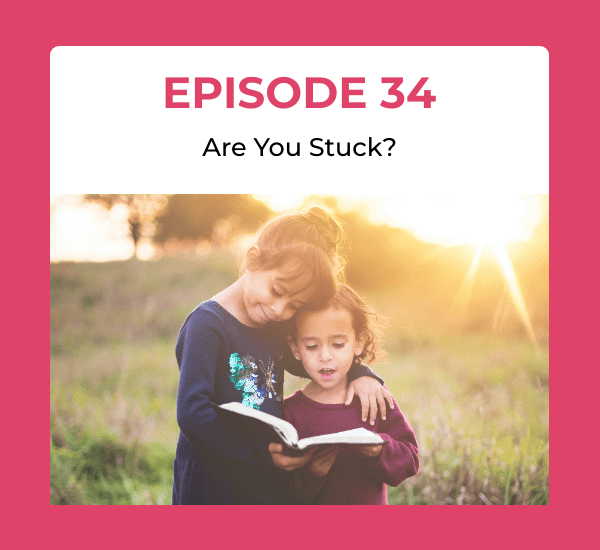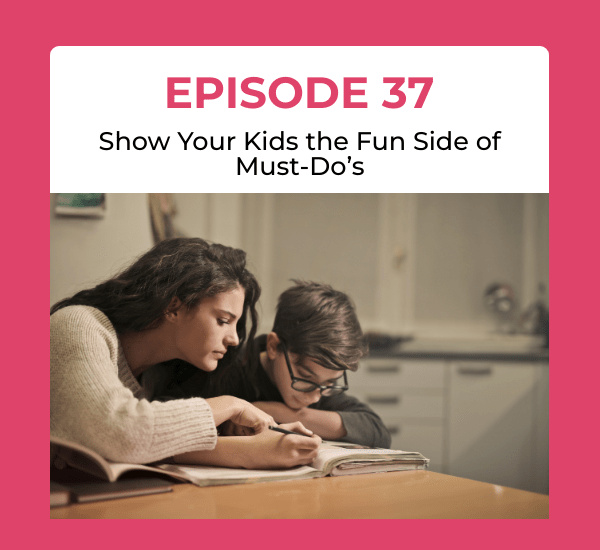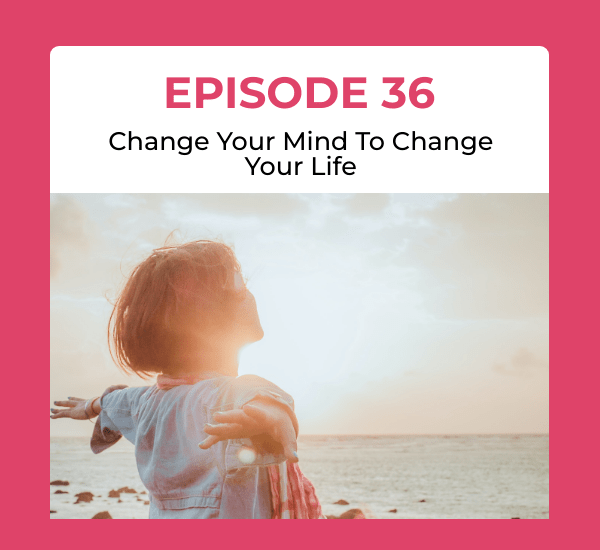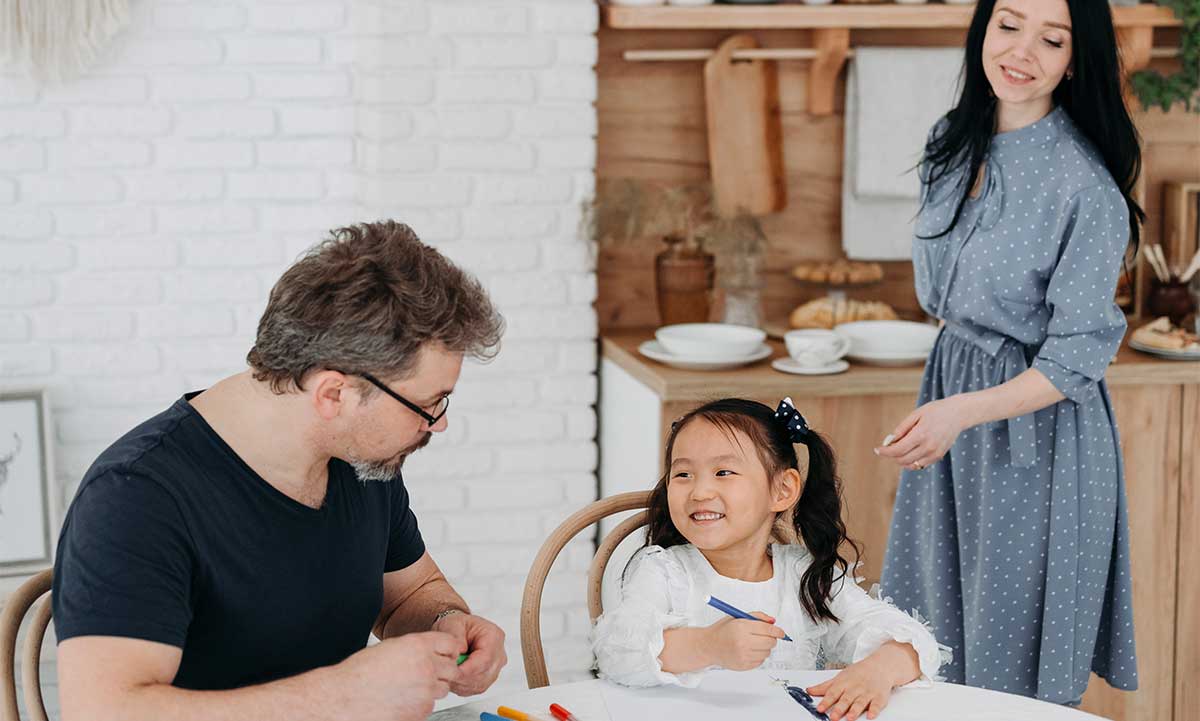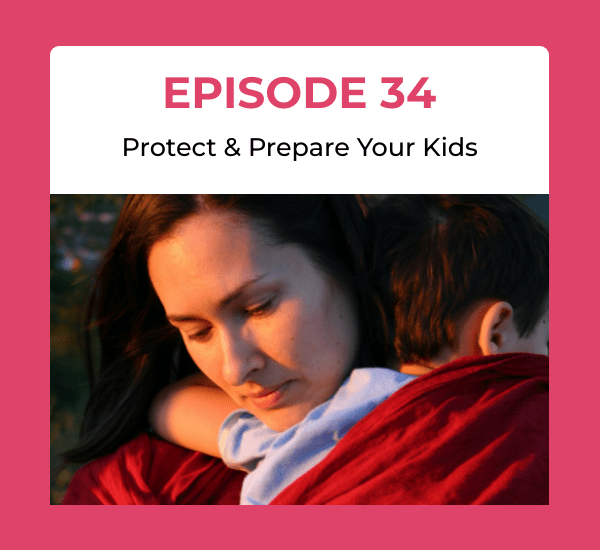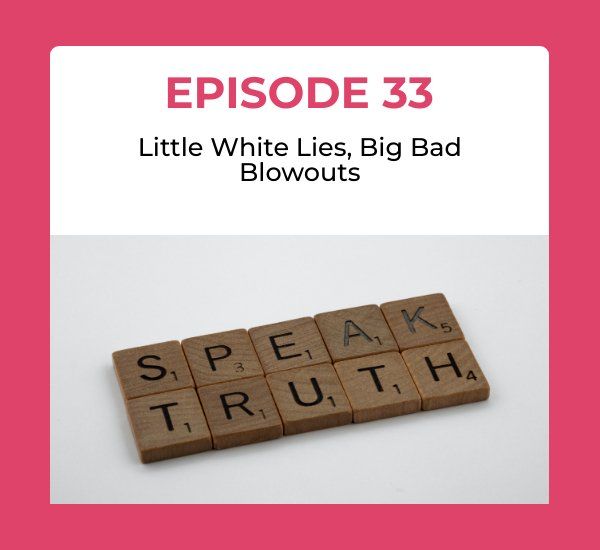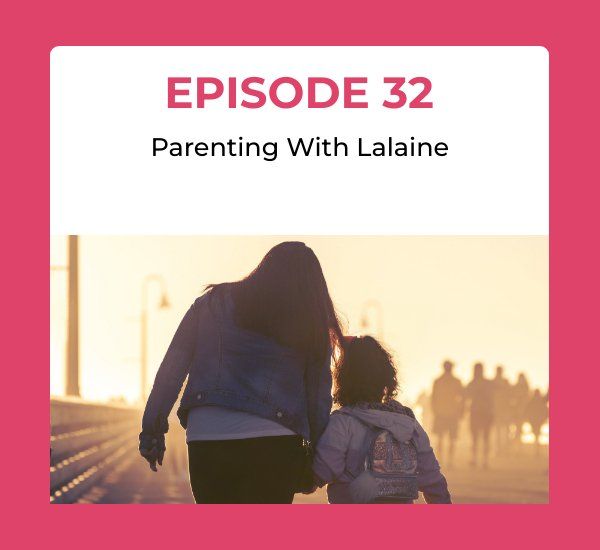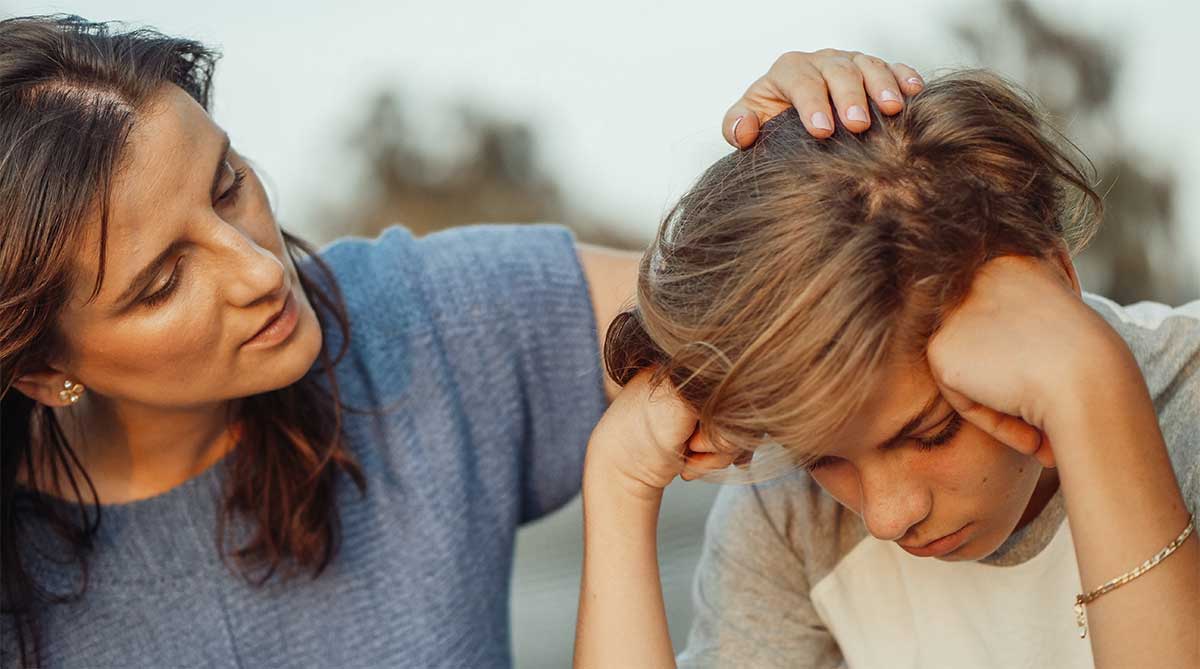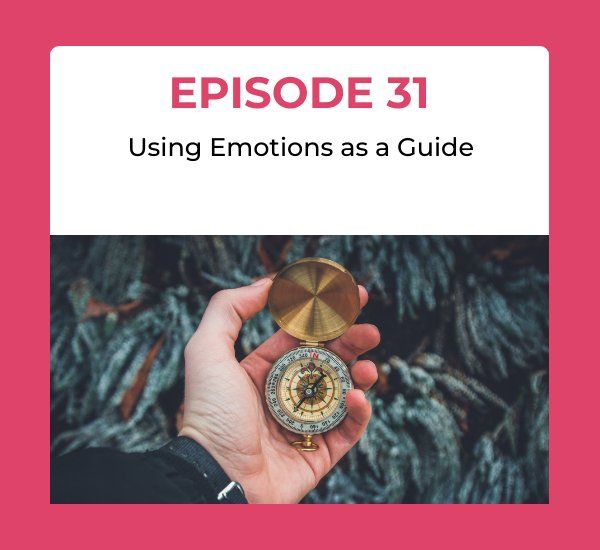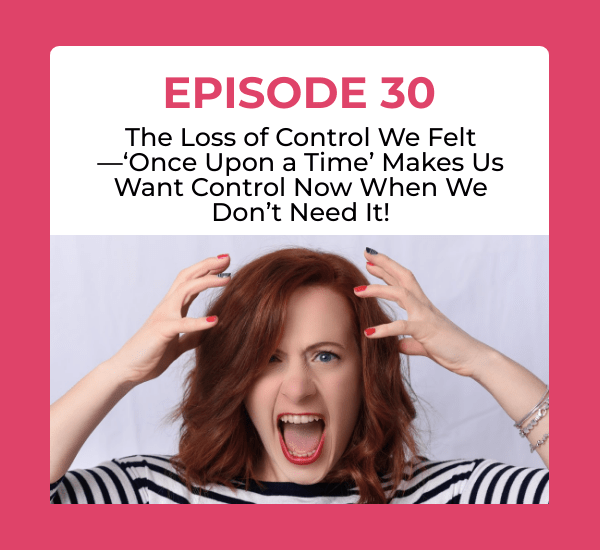Why You Want To Stop Punishing Your Child (And Everyone Else) - And - What To Do Instead.
7 reasons to stop punishing your kids:
- So they won’t grow up to punish themselves and others.
- They will experience and express nurturing of themselves and for others.
- So they aren’t drawn to relationships with others who will punish them because it’s familiar - a kind of awful ‘normal’.
- They will learn effective methods for solving conflict, rather than punishing everyone involved in a conflict as their solution.
- They won’t seek approval from the other in order to avoid punishment and that will set them up to live their own unique lives.
- Their spirit will emerge and love and creativity come with it.
- Punishing doesn’t achieve what you want: everyone to learn from their mistakes in a way that allows them to still feel good inside.
A Punished Child Becomes A Punisher
Monkey see, monkey do. When children are punished they learn to punish - themselves and others. We usually punish in an attempt to change a child’s behavior, but there is a way to change behavior that nourishes them. For example if a child hurts another child, you can ask that they do something to help that child rather than punish them. They will learn that harming another child feels awful inside of themselves, that they don’t want to feel the way they do when they hurt another person, and that helping another and actions that serve everyone hold blessings and peace inside of them.
Punishment Isn’t A Solution - Punishment Creates Bullies
When a child is punished, they learn that punishment is a solution and they never learn that real solutions never include punishment. Children don’t learn effective methods for solving conflicts once punishment becomes their ‘go to’. They just punish everyone (and themselves) during any type of conflict.
Punishing A Child Sets Them Up To Seek Approval
Do you remember when you were punished as a child? It may have showed you how to act and how not to act, but it also set you up to seek approval from the other so you don’t get punished - instead of staying true to what feels best for you and following that pathway - which leads to living your own fulfilling, unique life. Have you noticed that no matter how many people approve of you, that hasn’t made you happy or fulfilled you long term - and yet we go on seeking it? So this formula of ‘punishment leads to us seeking approval so we can avoid punishment’ is a repeating, no-exit, misery-making loop. Pursuit of our own unique experience of life in every moment is a more worthy use of time and energy than seeking the other's approval so we can avoid punishment.
Punishment Crushes A Child’s Spirit
Gulp. No one wants to do that. We all want to nurture our children. Nurturing never happens through punishment. If a child experiences too much punishment, life will lose it’s shine for that child and they will sink into darkness and negativity.
What To Do Instead of ‘Punishing’ Your Child (Or Anyone Else)
Life itself has natural consequences for any action we take. Here are some examples:
ACTION NATURAL CONSEQUENCE
- Walk in the rain without gear. - Get wet!
- Spend more than we earn. - Get in debt.
- Snap at others. - Feel awful inside.
- Lie. - Lose trust in life.
So - make all consequences as close to the natural consequence as possible. As Dr. Shefali suggests, if a kid won’t turn off the lights, take out the light bulbs. Don’t do this in anger, do it as a practical action. The light costs money when it stays on all day, the consequence is not having the light to use when you want it.
When you switch from punishment to natural consequences, notice it won’t be effective if you do it in anger. Before implementing a consequence, calm yourself completely or don’t discuss the consequence until you are. Make your own list of behaviors and consequences and sit with them to see if they are coming from a place of contemplation or upset. If they come from contemplation they’ll likely work well. If the consequences are discussed with emotions running high, they will be considered punishment.
The goal here is that you want your child to see what works in the world and what doesn’t, and when they do what works well in the world (for themselves and others), they feel good inside. Ultimately responsibility is freedom. Self-sufficient children become remarkable adults.
Here are some examples:
ACTION NATURAL CONSEQUENCE
- Hurt someone. - Genuinely help them.
- Won’t turn off lights when not in use. - Take the light bulbs out of their room.
(Wastes money).
- Won’t clean their room. - Can’t use the space. Neither can friends.
(Don’t take care of their space). They can sleep, do homework and play in a
common area of the house that they have to
keep clean (fold sheets and put them away).
- Won’t help with age-appropriate - They can eat cream of wheat porridge - no
food shopping/prep/serving/cleanup sugar. (Better than putting them on an ice floe).
- Won’t turn off the screen. - For every minute they go past - twice that of
chores. Extra playing = extra working - same day.
Other Techniques To Use Instead Of Punishment.
Each of the following suggestions can be tried as they pop to mind during a trying time with your child. It’s best to take a deep breath and ask yourself what technique you know (or have learned from the Kid Code) would work best in this situation and wait for it. Don’t ‘think’ the answer, just wait to see what comes to mind. Try these methods when your child is acting out and see what happens.
- Instead of a time out, give them a time in - a cuddle on the couch with a talk - or not. Always make sure you point out to them that if they check on how they are feeling inside, they’ll see that while they are acting out, it’s not a good feeling.
- Do the Love Flooding Method by Susan Stifleman. When you’re alone with them read them a list you’ve made at another time, of all the things you genuinely love about them.
- Give them one of the techniques taught in the Kid Code to use and you do it with them (that means you do the technique for yourself while they do it for themselves).
- When a mistake is made, tell them about a time when you made a mistake. See how to turn it into an opportunity. A spill happens, we make up a song about spilling while we both clean it up.
- If you over-react, genuinely apologize. Tell them you didn’t handle that in a way that was helpful and need a minute to figure out what will be helpful.
- Always do you own self-inquiry on any upset you have about your child. It’s the quickest way to change your outer world and the people in it. Google self-inquiry or take the class on courserebel.com called Ending Upsets Instantly.
Most important of all, stop judging yourself when you mess up as a parent. None of us can do anything differently than we have done until we come into greater understanding. When you mess up, immediately use your mind for more important things than criticizing yourself - google parenting tips and find what works for you and use it next time you need to be a responsible parent.
Happy parenting,
Brenda
